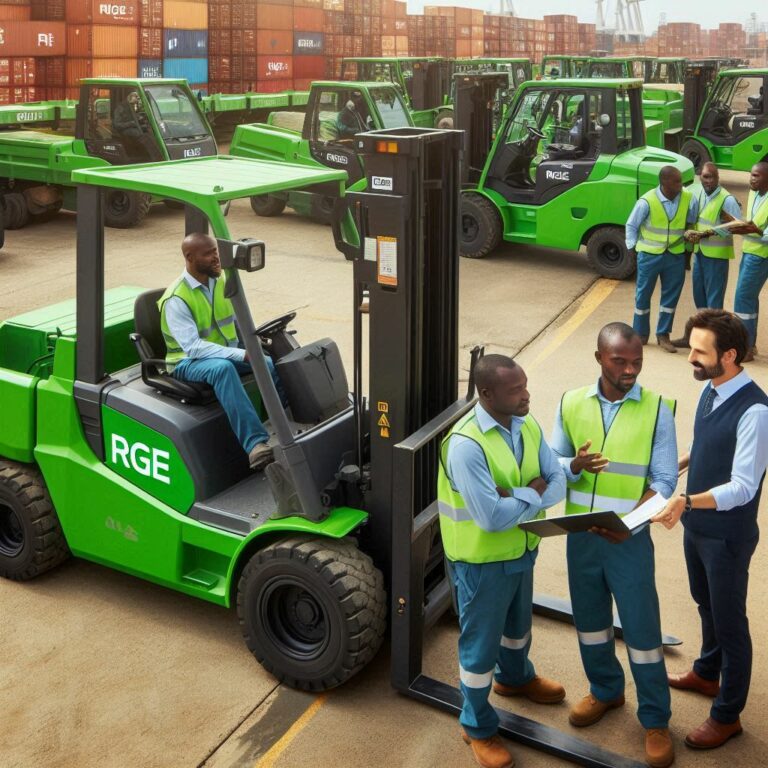The Ins and Outs of Freight Forwarding Services
Freight forwarding is a crucial component of global trade, ensuring the smooth movement of goods from one place to another. In this article, we will explore the world of freight forwarding, its significance, and how it simplifies complex supply chains.
Freight forwarding services encompass:
- Shipping Coordination: Coordinating the transportation of goods via various modes, such as air, sea, or land.
- Documentation: Handling all the required paperwork, including bills of lading, customs documentation, and more.
- Customs Clearance: Ensuring shipments comply with customs regulations and facilitating the clearance process.
- Cargo Insurance: Providing cargo insurance options to protect goods in transit.
We will delve into the roles and responsibilities of freight forwarders, emphasizing their expertise in logistics, documentation, and navigating international regulations. The article will conclude by highlighting how partnering with a freight forwarder can simplify international trade and enhance supply chain efficiency.

Freight forwarders play a pivotal role in international trade and logistics, serving as intermediaries between shippers (exporters or importers) and various transportation and logistics service providers. Their expertise lies in facilitating the movement of goods across international borders efficiently and compliantly. Here are their primary roles and responsibilities:
- Logistics Expertise: Freight forwarders are logistics experts who plan, coordinate, and execute the transportation of goods from the point of origin to the final destination. They select the most suitable transportation modes (air, sea, road, or rail) and routes to optimize cost and transit time.
- Documentation: They manage the complex documentation associated with international trade. This includes preparing and verifying commercial invoices, bills of lading, certificates of origin, customs declarations, and other required paperwork. Accurate documentation is crucial to ensure customs clearance and compliance with international regulations.
- Customs Compliance: Freight forwarders have in-depth knowledge of international customs regulations and procedures. They assist clients in meeting all import and export requirements, including duties, taxes, and import licenses, to avoid delays and penalties.
- Cargo Booking and Consolidation: They book cargo space with carriers and can consolidate shipments from multiple clients into a single container, reducing costs and improving efficiency.
- Route Optimization: Freight forwarders optimize shipping routes, considering factors like transit time, cost, and reliability. They may also offer advice on packaging to ensure goods arrive in good condition.
- Cargo Insurance: They can arrange cargo insurance to protect against loss or damage during transit, providing peace of mind to shippers.
- Tracking and Visibility: Forwarders offer real-time tracking and visibility into the movement of goods, allowing shippers to monitor shipments throughout the journey.
- Risk Management: They help shippers identify and mitigate risks associated with international trade, including geopolitical issues, weather-related delays, and supply chain disruptions.


Benefits of Partnering with a Freight Forwarder:
- Expertise: Freight forwarders bring expertise in navigating complex logistics, customs regulations, and documentation requirements, ensuring that shipments comply with international laws and are handled efficiently.
- Time and Cost Savings: They save shippers time and money by optimizing transportation routes, consolidating shipments, and negotiating favorable rates with carriers.
- Reduced Administrative Burden: Handling international trade paperwork and customs processes can be overwhelming. Freight forwarders take on this administrative burden, allowing shippers to focus on their core business activities.
- Customized Solutions: Forwarders offer tailored solutions to meet the specific needs of each shipment, taking into account factors like cargo type, destination, and urgency.
- Risk Mitigation: They help shippers mitigate risks associated with international trade by offering cargo insurance, providing risk assessments, and offering alternative solutions when issues arise.
- Global Network: Freight forwarders have extensive networks of carriers, agents, and partners worldwide, enabling shippers to expand their global reach and enter new markets more easily.
In conclusion, partnering with a freight forwarder simplifies international trade and enhances supply chain efficiency by leveraging their expertise in logistics, documentation, and international regulations. They play a crucial role in ensuring that goods move seamlessly across borders, comply with customs requirements, and reach their destinations on time and in good condition. This collaboration allows businesses to focus on their core operations while entrusting their international logistics to experts.






